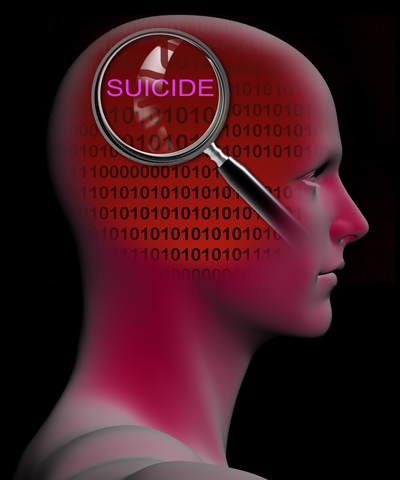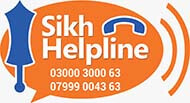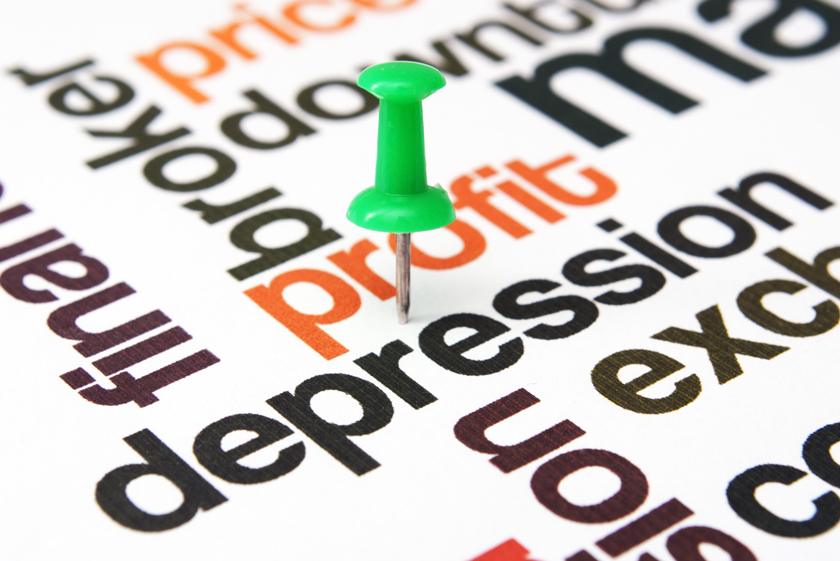Depression is a medical illness that negatively affects how you feel, the way you think and how you act. Depression can lead to a variety of emotional and physical problems and can decrease your ability to function at work and at home. The proportion of people that have depression has increased during the covid pandemic. The fortunate thing is that depression can be treated.
Symptoms of depression can vary from mild to severe and can include:


- Feelings of helplessness and hopelessness. A bleak outlook that nothing will ever get better and there is nothing you can do to improve the situation.
- Loss of interest in daily activities: not caring anymore about former hobbies, pastimes or social activities. Losing the ability to feel joy and pleasure.
- Change in appetite or weight changes, leading to significant weight loss or gain.
- Sleep changes. Either insomnia, especially waking in the early hours of the morning or oversleeping.
- Anger or irritability. Feeling agitated, restless or even violent. Having a low tolerance level, short temper and everything and everyone getting on your nerves.
- Loss of energy. Feeling fatigued, sluggish and physically drained. Your whole body may feel heavy and even small tasks are exhausting or may take longer to complete.
- Self-loathing. Strong feelings of worthlessness or guilt. Harshly criticising yourself for perceived faults and mistakes.
- Reckless behaviour. Engaging in escapist behaviour such as substance abuse, compulsive gambling, reckless driving or dangerous sport.
- Concentration problems. Trouble focusing, making decisions or remembering things.
- Unexplained aches and pains. An increase in physical issues such as headaches, back pain, aching muscles and stomach pains.
Depression can occur at any time, but on average, first appears during late teens to mid-20s. Women are more likely to experience depression than men. Some studies show that one-third of women will experience a major depressive episode in their lifetime. There is a high degree of heritability when immediate relatives have depression.
Risk factors for depression


Depression is a major risk factor for suicide. The deep despair and hopelessness that goes along with depression can make suicide feel like the only way to escape the pain. If you have a loved one with depression, take any suicidal talk or behaviour seriously and watch for the warning signs:
- Talking about killing or harming one’s self.
- Expressing strong feelings of hopelessness or being trapped.
- Am usual preoccupation with death or dying.
- Acting recklessly, as if they have a death wish (e.g. speeding through red lights).
- Calling or visiting people to say goodbye.
- Getting affairs in order (giving away possessions, tying up loose ends).
- Saying things like “everyone would be better off without me” or “I want out”.
- A sudden switch from being extremely depressed or acting calm and happy.
If you think a friend or family member is considering suicide (or show the above signs) express your concerns and seek help immediately. Talking openly about suicidal thoughts and feelings can save a life.
How is depression treated?
Depression is among the most treatable of mental disorders. Almost all patients gain some form of relief from their symptoms.
Before diagnosis or treatment, a health professional should conduct a thorough evaluation, including an interview and a physical examination. In some cases, a blood test might be done to make sure the depression is not due to a medical condition (e.g. a thyroid problem or a vitamin deficiency). The evaluation will identify specific symptoms and explore medical and family histories, as well as cultural and environmental factors with the aim of arriving at a diagnosis and planning a course of action.
- Medication.
- Psychotherapy.
- Electroconvulsive Therapy (ECT).
Self-help and Coping
There are a number of things people can do to help reduce the symptoms of depression:
- Reach out to other people. Isolation fuels depression, so reach out to friends and loved ones, even if you feel like being alone or do not want to be a burden to others. The simple act of talking to someone about how you feel can really help. The person you talk to does not have to be able to resolve the situation, but be a good listener – someone who will listen attentively without judging you.
- Get moving. When you are depressed, just getting out of bed can seem daunting, let alone exercising. But regular exercise can be as effective as antidepressant medication in countering the symptoms of depression. Taking a short walk or putting on some music and dancing around. Start with small activities and build from there.
- Eat a mood boosting diet. Reduce your intake of foods that can adversely affect your mood, such as caffeine, alcohol, trans fats, sugar and refined carbs and increase mood-enhancing nutrients such as Omega-3 fatty acids.
- FInd ways to engage again with the world. Spend some time in nature, care for a pet, volunteer or pick up a hobby you can enjoy (or a new one).
Depression is a real illness and help is available. With proper diagnosis and treatment, the vast majority of people with depression will overcome it. If you are experiencing symptoms of depression, a first step is to see your family doctor. Talk about your concerns and request an evaluation. This is a start to addressing your mental health needs.


